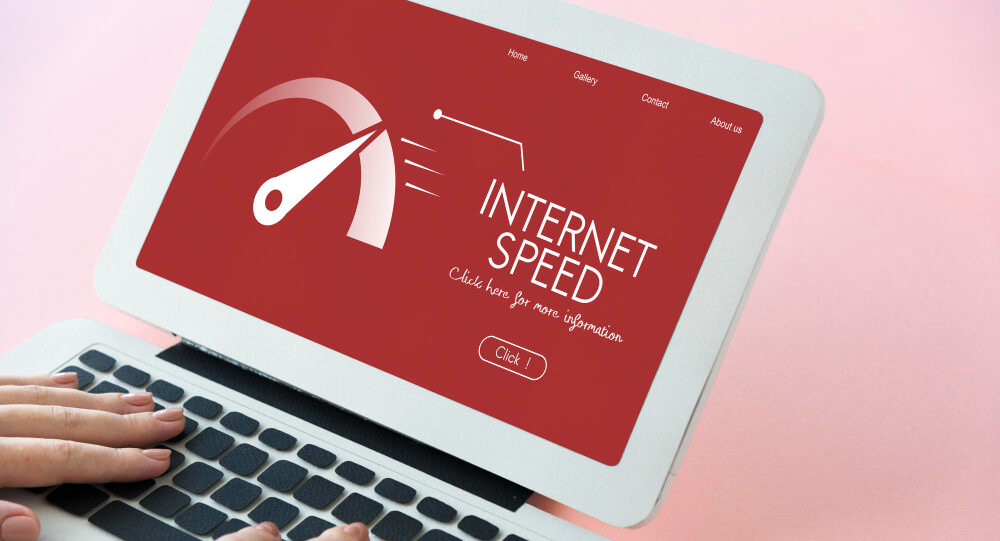Virtual Private Networks (VPNs) enhance online privacy and security. By encrypting internet traffic and masking user activity, VPNs create a secure connection that is especially favored by businesses with distributed workforces and individuals seeking heightened online privacy.
However, this added layer of security can sometimes result in a tradeoff between security and performance, as certain VPN features can introduce latency. This article delves into the relationship between VPNs and internet speed, exploring how VPNs work, the factors contributing to latency and potential alternatives.
What is a VPN?

A VPN, or Virtual Private Network, is a powerful internet security service that enables users to access the internet as if connected to a private network. VPNs shield against cyber threats and data breaches by encrypting internet communications and anonymizing user activity.
What is Latency?
Latency, often called “ping time,” signifies the delay between a user action and the corresponding response. This delay can affect online activities, such as loading web pages, streaming videos, and online gaming. The physical distance between data sources and users plays a significant role in latency; longer distances equate to increased latency.
How VPNs Impact Latency?
- Increased Travel Time: VPNs can introduce latency by extending the travel time for data requests and responses. For instance, if a user in Oregon connects to a Texas-based VPN to access a website, their data request must travel from Oregon to Texas and back, even if the website’s server is nearby.
- Server Load: VPN server capacity can impact latency. If a VPN server is overloaded due to high demand from numerous users, it can lead to queuing or dropped requests, causing delays in data transmission.
- Encryption Overhead: Encrypting and decrypting data consumes time, potentially leading to increased latency. More robust encryption protocols, while enhancing security, can also introduce more latency.
- VPN Protocol Performance: Different VPN protocols, such as IPsec and SSL (TLS), affect performance differently. While both offer similar performance rates, specific protocols like IKEv2/IPsec may have a slight edge in connection negotiation speed.
Can a VPN Improve Internet Speed?
In specific scenarios, VPNs can enhance speeds for certain services. When Internet Service Providers (ISPs) throttle particular types of traffic, such as streaming services, VPNs can bypass this throttling by encrypting the data, preventing ISPs from identifying the services accessed.
Also, Read:
- What is a VPN Token?
- Do You Need a VPN or a Firewall?
- Proxy vs. VPN: What Is the Difference?
- Why Using a VPN for Torrenting Makes Sense?
- NordVPN Review
- Hidemy.name Review
- Best ChatGPT VPN
- Best VPN for YouTube
- Best VPN for Roku
- Demystifying Wi-Fi
Summing up
VPNs are indispensable tools for safeguarding online privacy and security, but they can introduce latency due to increased travel time, server load, and encryption overhead.
While VPNs play a vital role in protecting user data, businesses and individuals are exploring alternatives like Cloudflare Zero Trust, which combines rapid performance with stringent security measures. Striking the right balance between security and speed remains paramount in the ever-evolving landscape of internet connectivity.

Leave a Comment